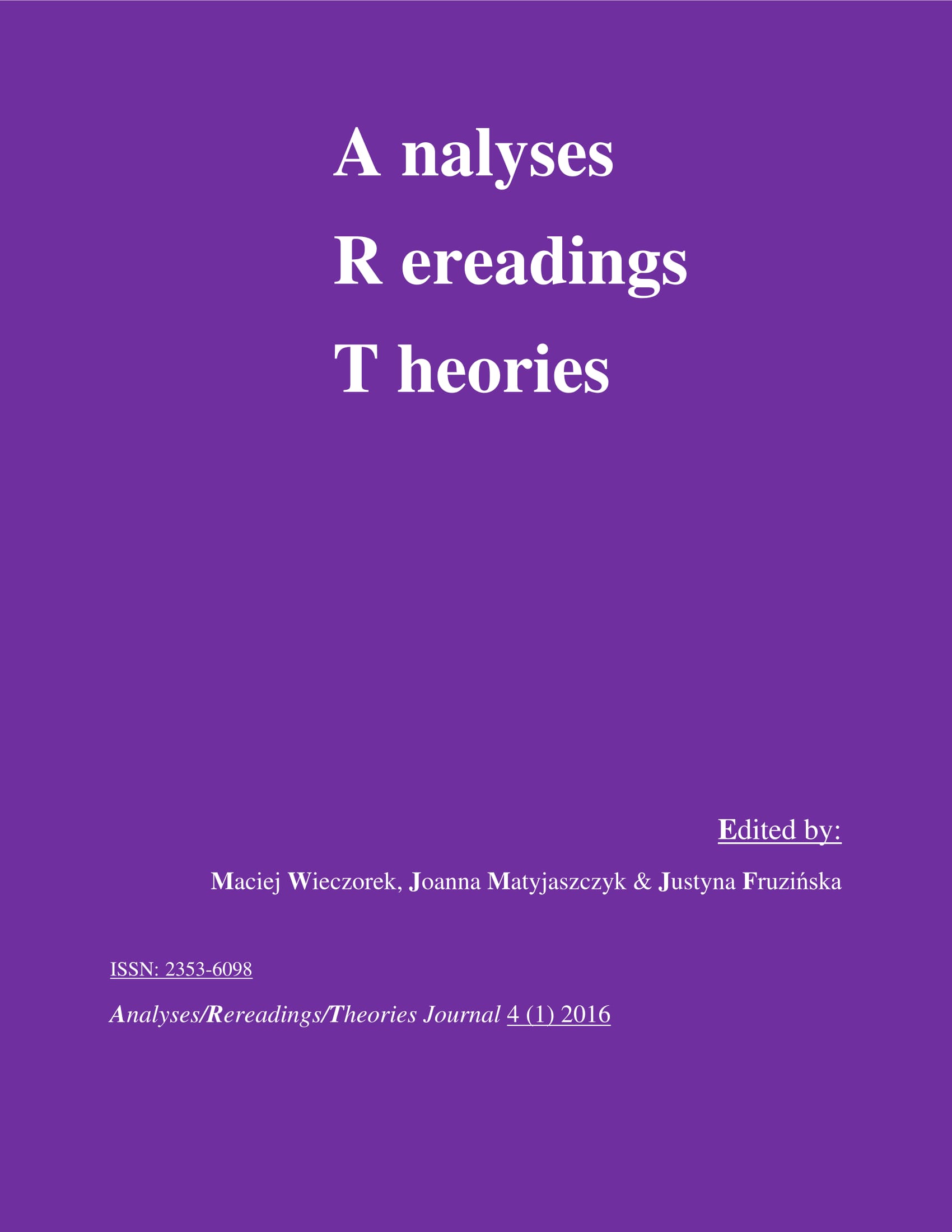Shakespeare’s Exceptional Violence: Reading Titus Andronicus with Hannah Arendt and Giorgio Agamben
Shakespeare’s Exceptional Violence: Reading Titus Andronicus with Hannah Arendt and Giorgio Agamben
Author(s): Stefania PorcelliSubject(s): Theatre, Dance, Performing Arts, Other Language Literature
Published by: Wydawnictwo Uniwersytetu Łódzkiego
Keywords: Titus Andronicus;violence and power;biopolitics;Giorgio Agamben;Hannah Arendt;
Summary/Abstract: In this paper I explore the multifaceted relationship between violence, speech and power in the most graphic of Shakespeare’s plays, Titus Andronicus. I take my cue from Hannah Arendt’s reflections on violence as opposed to power, and as something “incapable of speech,” but I read the play through the lens of Giorgio Agamben’s notion of sovereignty as the suspension of the law. I consider the dichotomy speech/muteness as an example not only of the dichotomy power/violence (Arendt) but also of the opposition between bios and zoe, that is the difference between a life worth to be included in the political realm and a life understood as the mere condition of being alive, a condition common to human beings and beasts (according to classical philosophy). In Titus Andronicus, these distinctions are blurred, and zoe becomes fully exposed to the sovereign decision. While the image of a mutilated and mute body cannot match Arendt’s idea of politics as the combination of speech and action bereft of violence, Agamben has developed the notion of a politics that renders life disposable, mute, bare, and can still be called politics or power, and precisely biopower. From this perspective, I argue, Lavinia and the other characters of Titus Andronicus are the embodiment of the concept of “bare life” as developed by Agamben, and Shakespeare’s Rome is a State of exception and of exceptional violence.
Journal: Analyses/Rerearings/Theories (A/R/T) Journal
- Issue Year: 4/2016
- Issue No: 1
- Page Range: 43-52
- Page Count: 10
- Language: English

